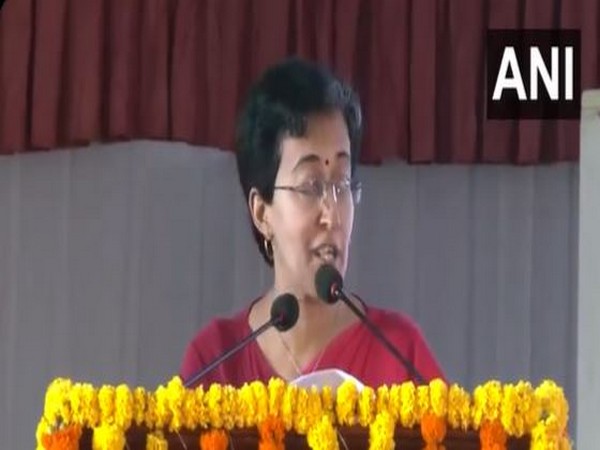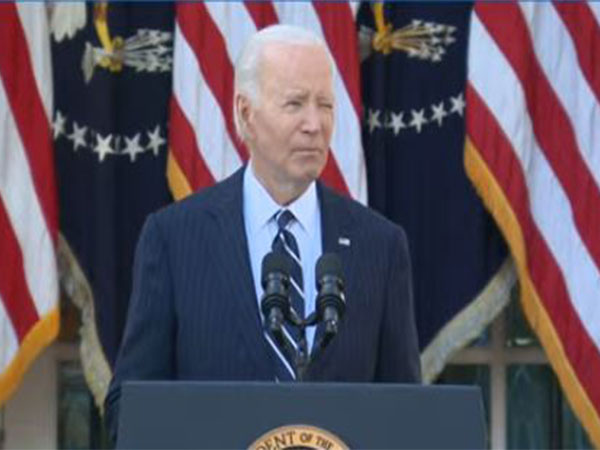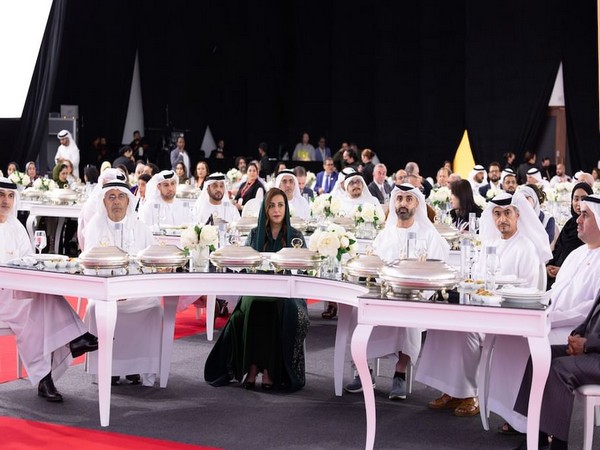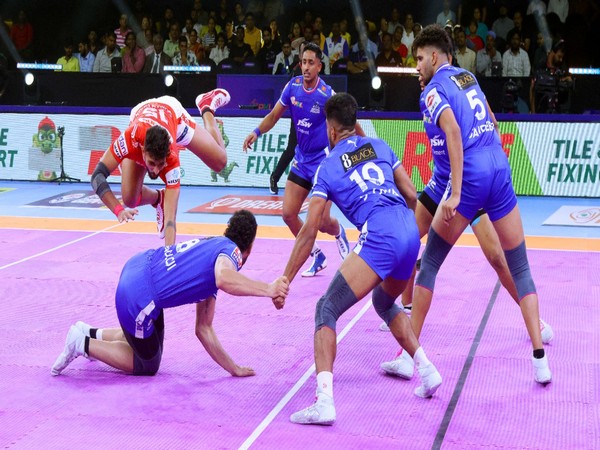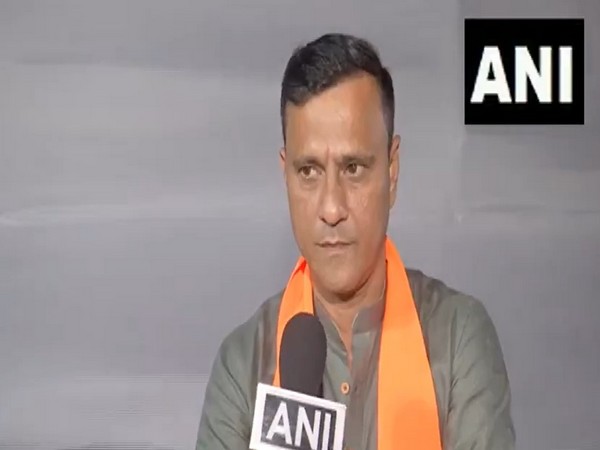New Delhi [India], July 2 (ANI): Delhi Minister Atishi said on Tuesday that the Constitution is the last resort for Indian society as it strives to reduce its “deep” inequality, which persisted even after 75 years of independence.
“As a representative of the legislature and executive present here today, I would like to say that we have been given many responsibilities in fulfilling the vision of the Indian Constitution,” Atishi said while speaking at the foundation stone-laying ceremony for the construction of court buildings at Karkardooma, Shastri Park and Rohini. Chief Justice of India DY Chandrachud laid the foundation stone of the court complex.
“We build schools, we work towards giving our children a world-class education, we build hospitals, we take primary healthcare infrastructure near the homes of people, we work towards transforming young people into thriving entrepreneurs, we help women access economic opportunities, and we work towards ensuring basic infrastructure. So that even the poorest sections of society have a dignified existence,” she added.
She said that the Constitution is the last resort because every citizen is equal before it.
“Yet, there is a long way to go. Even after 75 years of Indian independence, we remain a deeply unequal society. We are a country with deep inequalities of caste, gender, wealth, education, and power. But in the last resort, as we strive to reduce these inequalities, there is one place where we are all equal. We are all equal before the Constitution and the eyes of the law,” she said.
Speaking at the ceremony, CJI DY Chandrachud said, “When we invest in the safety, accessibility and comfort of our judges, lawyers and litigants, we make for a just and inclusive system.”
“Since the inception of the Karkarduma court in 1993, numerous expansion projects and additional complexes have been constructed and completed. The new court complexes enhance the efficiency of the court and reduce dependency… Courts engage in rigorous discussion and arguments over legal principles and their application to specific cases. Judges carefully deliberate on the merits of each side’s arguments before reaching a decision, ensuring a thorough and balanced examination of the issues at hand. Much like how the cornerstone of buildings shapes its structure and orientation, the cornerstone of justice and equality must shape the orientation of the court’s approach to cases. Our legal and constitutional system is fundamentally premised on the virtues of justice, liberty, equality and fraternity,” he added.
Lieutenant Governor of Delhi Vinai Kumar Saxena said that it requires the rule of law and justice to secure the rights of the last man in the queue.
“It has been felt that in a vast democracy as ours, it requires the rule of law and justice to secure the rights of the last man in the queue. It is imperative to strengthen the judicial system to bridge the gap of disparity and make all efforts to diminish inequality in the fast-changing contours of our society,” Saxena said.
“Chief Justice DY Chandrachud has been consistently taking up the issue of augmenting physical judicial infrastructure in the interest of speedy delivery. He has equally stressed the use of technology for not only speedy disposal of cases but also ensuring fairness in investigation and trial,” he added. (ANI)
Disclaimer: This story is auto-generated from a syndicated feed of ANI; only the image & headline may have been reworked by News Services Division of World News Network Inc Ltd and Palghar News and Pune News and World News
HINDI, MARATHI, GUJARATI, TAMIL, TELUGU, BENGALI, KANNADA, ORIYA, PUNJABI, URDU, MALAYALAM
For more details and packages


